DeepMind software that can predict the 3D shape of proteins is already changing biology.
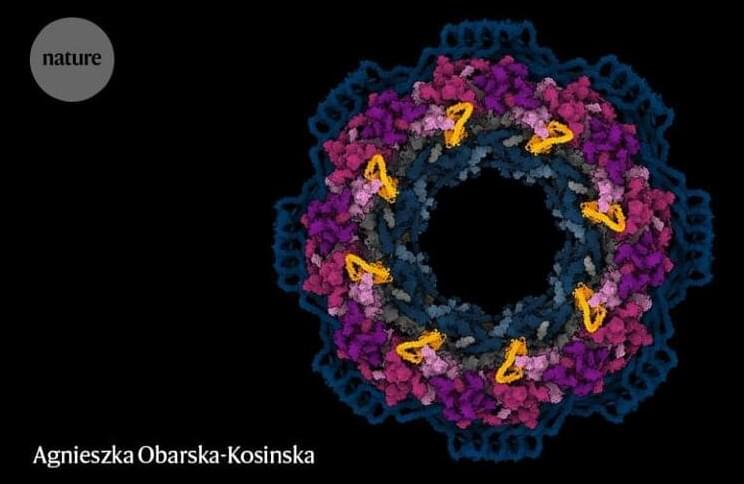


We can travel in time, just not like in the movies Earendel was observed using an effect where the fabric of space-time is warped by gravity – a phenomenon predicted by Einstein. This causes light to bend as it passes by objects with large masses, like planets, suns, or even galaxies, allowing us to see around and even behind these objects.
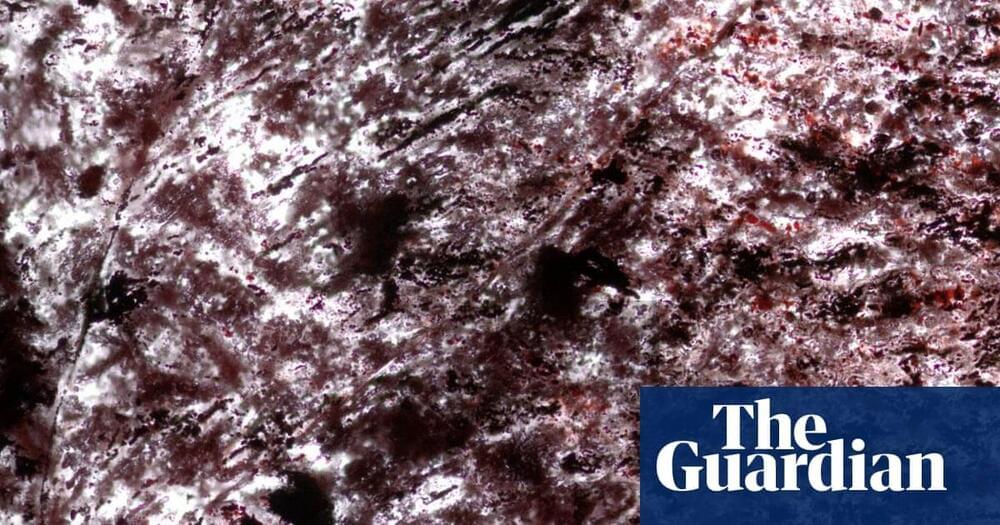
Scientists believe they have found evidence of microbes that were thriving near hydrothermal vents on Earth’s surface just 300m years after the planet formed – the strongest evidence yet that life began far earlier than is widely assumed.
If confirmed, it would suggest the conditions necessary for the emergence of life are relatively basic.
NASA’s Perseverance rover is hightailing it to a fascinating river delta region in the Jezero Crater on Mars. But to get there, it first had to pass near its original landing site. Images from there are a trip down memory lane, back to when Percy dramatically landed on the red planet in February 2021.
Steve Ruff, Arizona State University associate research professor and Mars geologist, runs the Mars Guy channel on YouTube. He posted a video on Sunday recapping the rover’s arrival on mars and what happened to the parachute and back shell — two key components of the landing system that delivered Percy safely to the surface.
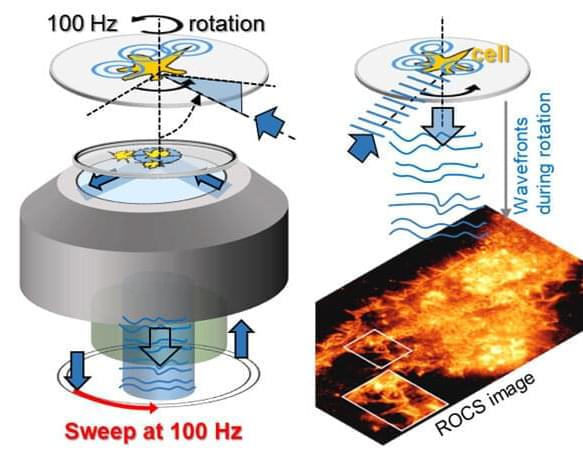
When cities transform into a colorful world of lights as darkness falls, it’s often only possible to estimate their contours, which depending on the perspective can draw the attention to key details or trivia. In fluorescence microscopy, biological cells are marked with fluorescent dyes and excited to luminesce in specific areas by optical switches– like a city at night. However, this light is usually too faint for small, rapid objects, or even goes out after a while. This is known as fluorescence bleaching.
Now, a new approach developed by Prof. Dr. Alexander Rohrbach and his team in the Laboratory for Bio-and Nano-Photonics at the University of Freiburg has found a way to make the smallest objects clearly visible without fluorescence. In this way, cellular structures or virus-sized particles can be observed 100 to 1,000 times longer, ten to 100-times faster and with almost doubled resolution than with fluorescence microscopy. While fluorescence microscopy records what you might call “night-time images” of structures, ROCS microscopy takes “day-time images”—opposites that can complement each other excellently. Rohrbach and his colleagues describe various applications of the technology in the latest issue of Nature Communications.

What if you could travel from New York to Los Angeles in just under seven hours without boarding a plane? It could be possible on a Maglev train.
Maglev — short for magnetic levitation — trains can trace their roots to technology pioneered at Brookhaven National Laboratory. James Powell and Gordon Danby of Brookhaven received the first patent for a magnetically levitated train design in the late 1960s. The idea came to Powell as he sat in a traffic jam, thinking that there must be a better way to travel on land than cars or traditional trains. He dreamed up the idea of using superconducting magnets to levitate a train car. Superconducting magnets are electromagnets that are cooled to extreme temperatures during use, which dramatically increases the power of the magnetic field.
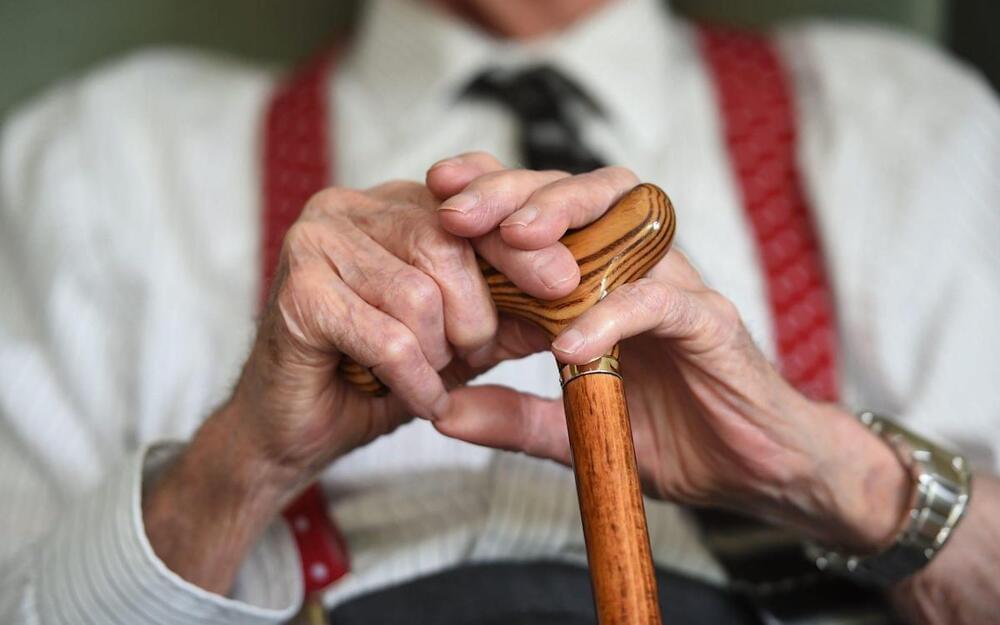
Very good news, if unsurprising.
We already have multiple viable avenues of reducing — or eliminating altogether — this particularly pernicious form of remorseless biological entropy.
So good news… UNLESS you’re one of those people who think death is what MAKES life somehow MEANINGFUL, or that living for thousands of years or more would be BORING.
I — incase you haven’t noticed — am NOT one of those people! 😉👈
The mystery of why humans die at around 80, while other mammals live far shorter or longer lives, may finally have been solved by scientists.
Humans and animals die after amassing a similar number of genetic mutations, researchers have found, suggesting the speed of DNA errors is critical in determining the lifespan of a species.

Engineers at MIT and the National Renewable Energy Laboratory (NREL) have designed a heat engine with no moving parts. Their new demonstrations show that it converts heat to electricity with over 40 percent efficiency—a performance better than that of traditional steam turbines.
The heat engine is a thermophotovoltaic (TPV) cell, similar to a solar panel’s photovoltaic cells, that passively captures high-energy photons from a white-hot heat source and converts them into electricity. The team’s design can generate electricity from a heat source of between 1,900 to 2,400 degrees Celsius, or up to about 4,300 degrees Fahrenheit.
The researchers plan to incorporate the TPV cell into a grid-scale thermal battery. The system would absorb excess energy from renewable sources such as the sun and store that energy in heavily insulated banks of hot graphite. When the energy is needed, such as on overcast days, TPV cells would convert the heat into electricity, and dispatch the energy to a power grid.

Circa 2018
Many electric bicycle manufacturers claim that their e-bikes can go far, but only one can claim that their bikes go the farthest. With a Guinness world record breaking 367 km (228 mi) distance on a single charge, Delfast’s Prime electric bicycle takes the cake when it comes to long range electric bicycles.
Delfast Bikes, a Ukranian-based electric bicycle company, began their e-bike aspirations as a Kickstarter campaign just over a year ago, raising the initial funding necessary for the manufacturing of a first run of e-bikes in a single day.
Now, Delfast’s head of communications Dima Buhanevyc is announcing that the first run of e-bikes has been delivered to the Kickstarter backers and that the company is going into full production of their two most popular models, the Prime and Top.
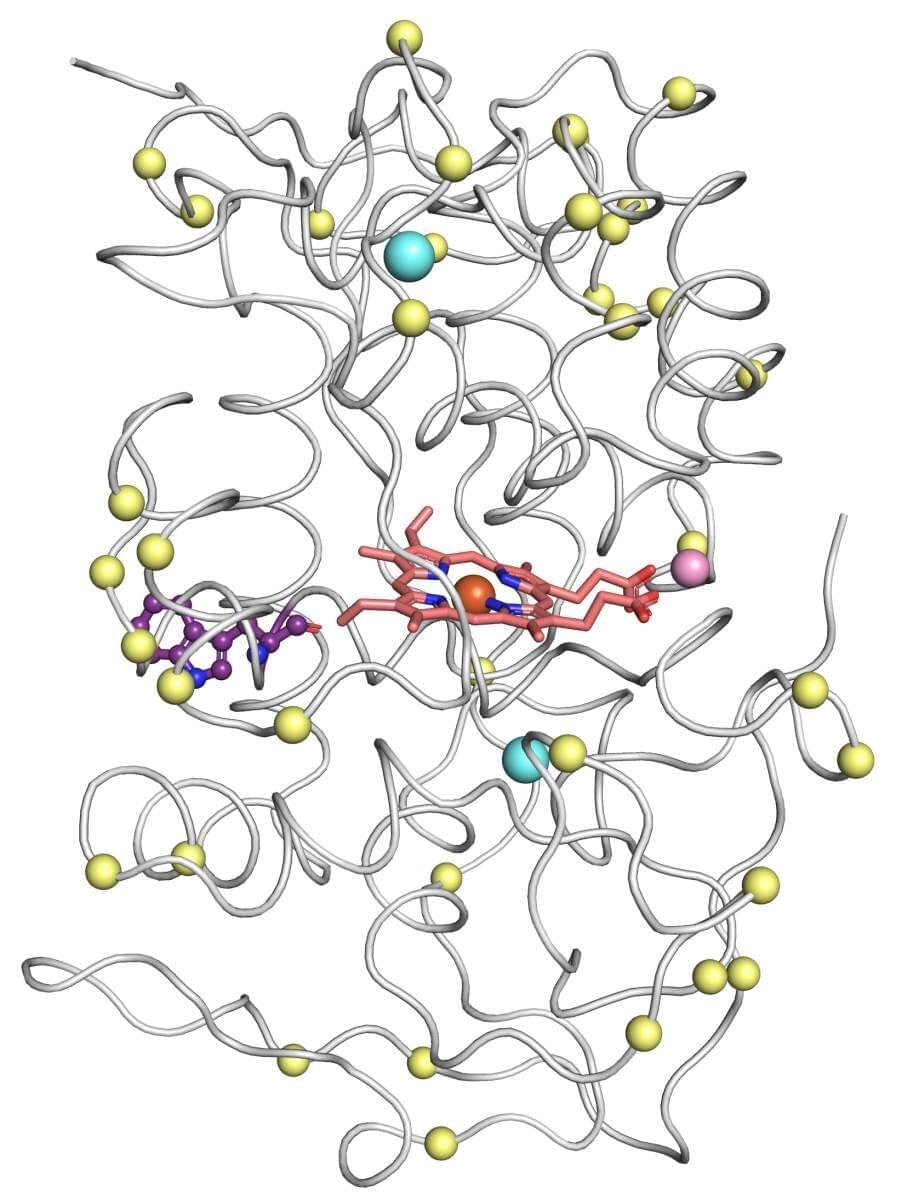
When Dr. Shiran Barber-Zucker joined the lab of Prof. Sarel Fleishman as a postdoctoral fellow, she chose to pursue an environmental dream: breaking down plastic waste into useful chemicals. Nature has clever ways of decomposing tough materials: Dead trees, for example, are recycled by white-rot fungi, whose enzymes degrade wood into nutrients that return to the soil. So why not coax the same enzymes into degrading man-made waste?
Barber-Zucker’s problem was that these enzymes, called versatile peroxidases, are notoriously unstable. “These natural enzymes are real prima donnas; they are extremely difficult to work with,” says Fleishman, of the Biomolecular Sciences Department at the Weizmann Institute of Science. Over the past few years, his lab has developed computational methods that are being used by thousands of research teams around the world to design enzymes and other proteins with enhanced stability and additional desired properties. For such methods to be applied, however, a protein’s precise molecular structure must be known. This typically means that the protein must be sufficiently stable to form crystals, which can be bombarded with X-rays to reveal their structure in 3D. This structure is then tweaked using the lab’s algorithms to design an improved protein that doesn’t exist in nature.